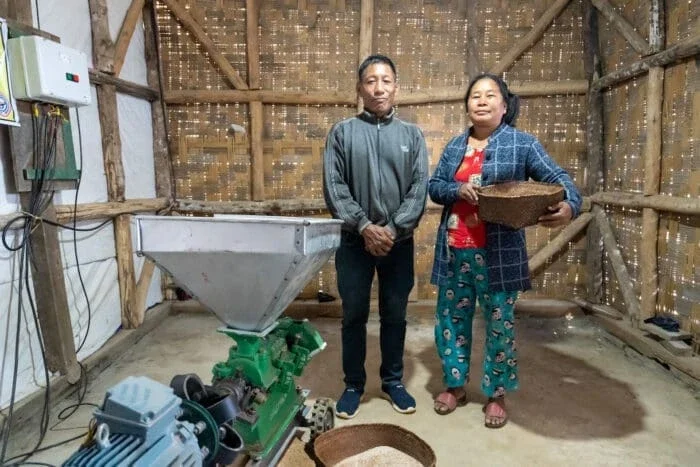Editor’s Note: In April 2015, The Rockefeller Foundation launched an audacious project: a wholly-owned subsidiary based in New Delhi to bring clean last-mile electrification to rural India in support of economic development. The gamble paid off. Smart Power India’s (SPI) amazing run included celebrations and invaluable lessons, as well as missteps and unforeseen paths pursued.
This autumn, SPI concludes its remarkable chapter, transferring its resources back to The Rockefeller Foundation. The Global Alliance for People and Planet (GEAPP), with its expanded global vision, began work in 2021 to empower communities worldwide with abundant and sustainable energy.
This five-part series is the story of that journey.
Are you captivated by efforts to fight climate change, advance equity, or spur innovation through unconventional partnerships? This one is for you.
Read the Series:
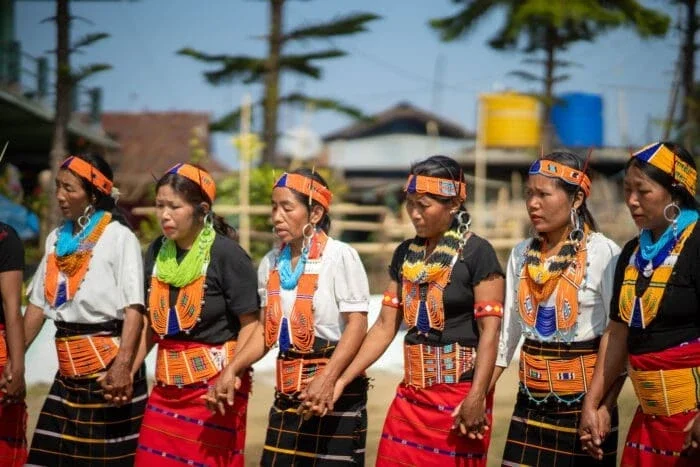
When recruiters approached Jaideep Mukherji in 2015 with an unusual proposition, he responded with skepticism mingled with a spark of curiosity.
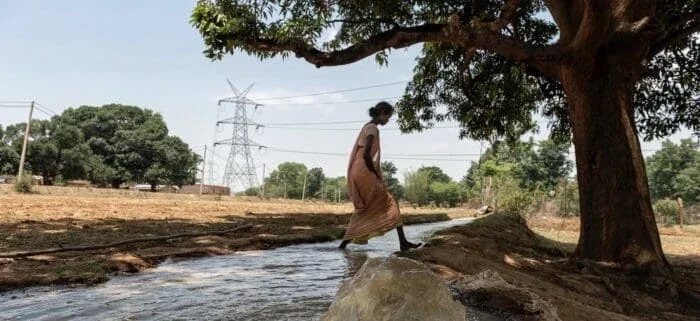
Turn back the calendar pages to 2009, well before Smart Power India was even a glimmer in the eyes of its creators.
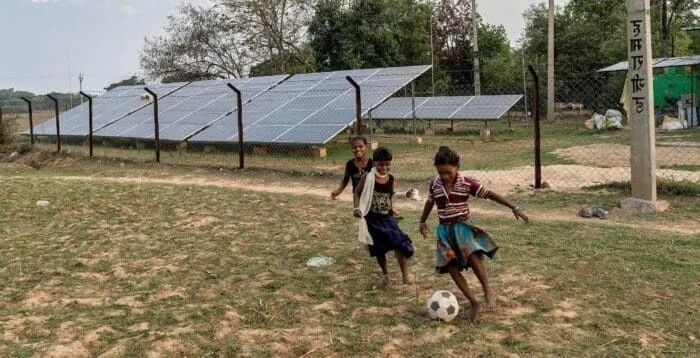
Two viewpoints collided: should the Foundation use grants to rush electricity to villagers, or wait to develop sustainable business models for investors?
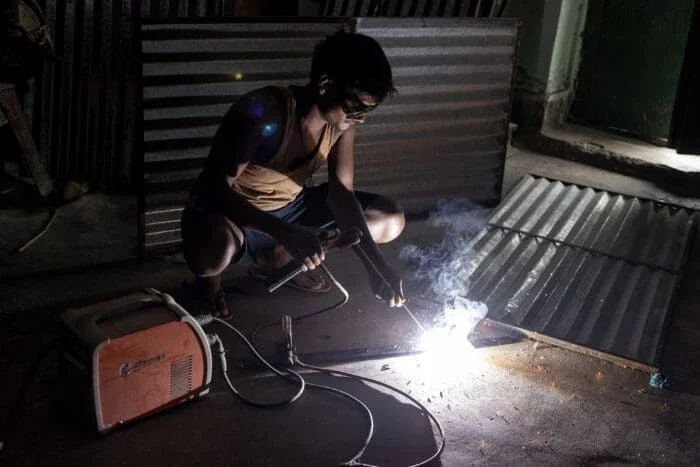
In those first months, Vermani confronted a challenge that would shape SPI's path forward.
